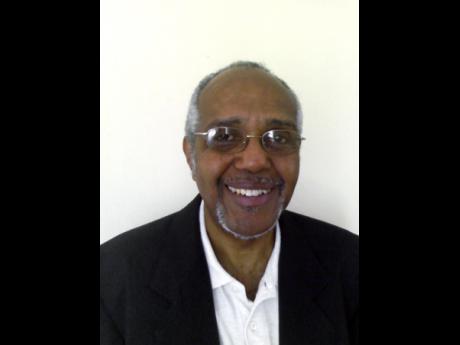The Family Man - Twin Pillars Of Success
The absence of an effective male presence in a family is a major contributing factor to the cause of dysfunction in the society.
The father/mother - husband/wife balance that is central to the design of the ideal family is markedly missing from many households.
Fortunately, there are some men who are striving to be good fathers. Today, I share two underemphasised pillars to support those efforts.
I. Recreation
A man's traditional role as protector and provider often leads to neglect of recreational time with his family.
Youth Development
Recreation assists in overall youth development, and helps develop decision-making skills, cooperative behaviours, positive relationships and empowerment. Youth explore strategies for resolving conflicts while recreating and playing. They learn to act fairly, plan proactively and develop a moral code of behaviour.
Playing also helps enhance cognitive and motor skills. Individuals with more highly developed motor skills tend to be more active, popular, calm, resourceful, attentive and cooperative.
Recreation also provides children the chance to learn, consolidate and practise the skills necessary for further growth and learning. Independent goal pursuits such as looking for fun and enjoyment, increased participants' goal attainment in other areas (Estes & Henderson, 2003).
Recreational activities help in development and education while deterring negative behaviours.
Bonding
Sharing quality recreational time together creates a tighter bond and provides the glue that holds the family together. Recreational activities help to develop feelings of loyalty, trust, harmony, teamwork, and goodwill.
Stress Relief
Stress release is critical in today's high-stress environment. Recreation - with loved ones - is a wonderful valve for relieving stress. Taking time out from your anxieties and stressors is important for your health and relationships.
II. Religion
While recreation is an important vehicle in fulfilling your fathering responsibilities, adding religion could help you to be a better father.
Being involved in a religious community can give men a sense of belonging and support when it comes to raising children - according to a research study by David Dollahite (Brigham Young University), and Loren Marks (Louisiana State University).
Religious involvement also provides a sense of meaning and accountability to the fathering role.
"I would never say, 'You can't be a good father without religion.' But what the research shows in hundreds of studies by non-religious persons, is that there is added value in religious involvement that makes a difference in many ways," Dollahite noted.
"It's hard to quantify that and replace it. People who aren't religious can try to replicate (elements of a religious family lifestyle), and that can certainly and probably, help. But there's something else going on."
Dollahite said some fathers place a religious-like emphasis on sports and other recreational involvement with their children as a replacement for religious rituals, but the effects are not the same.
"The research is absolutely clear that there is something about spiritual and religious involvement with fathers that really binds fathers and their children in a way that is hard to replicate in non-religious ways," Dollahite said.
Religiously active fathers are also less likely to abuse drugs and alcohol, which is a major contributor to the abuse of women and children.
Dollahite and Marks have interviewed 140 families over seven years in their quest to understand how religion can improve family life. They culled answers from Jews, Christians and Muslims - all Abrahamic faiths - and have presented a portion of their findings in a chapter of Why Fathers Count.
Dollahite said spending time engaged in religious activities can strengthen families, but that involvement must be balanced with a healthy home life and time spent with the family.
Fathers who distort their religious beliefs to justify severe punishment or abuse of their family are perverting their religion. Dollahite said. "It's a sad thing that people will use the word of God or religious beliefs to justify their selfish or prideful behaviour," Dollahite said. "But you can't fault religion for that. That's the person's misinterpretation."
Find out what is your parenting style with a Parenting Behavioural DNA Analysis on the FinxS Platform.
• Trevor E. S. Smith is a behaviour modification coach with the Success with People Academy, home of formal coaching certification that is accredited by the International Coach Federation and the Society for Human Resource Management. Email: info@swpacademy.com.


